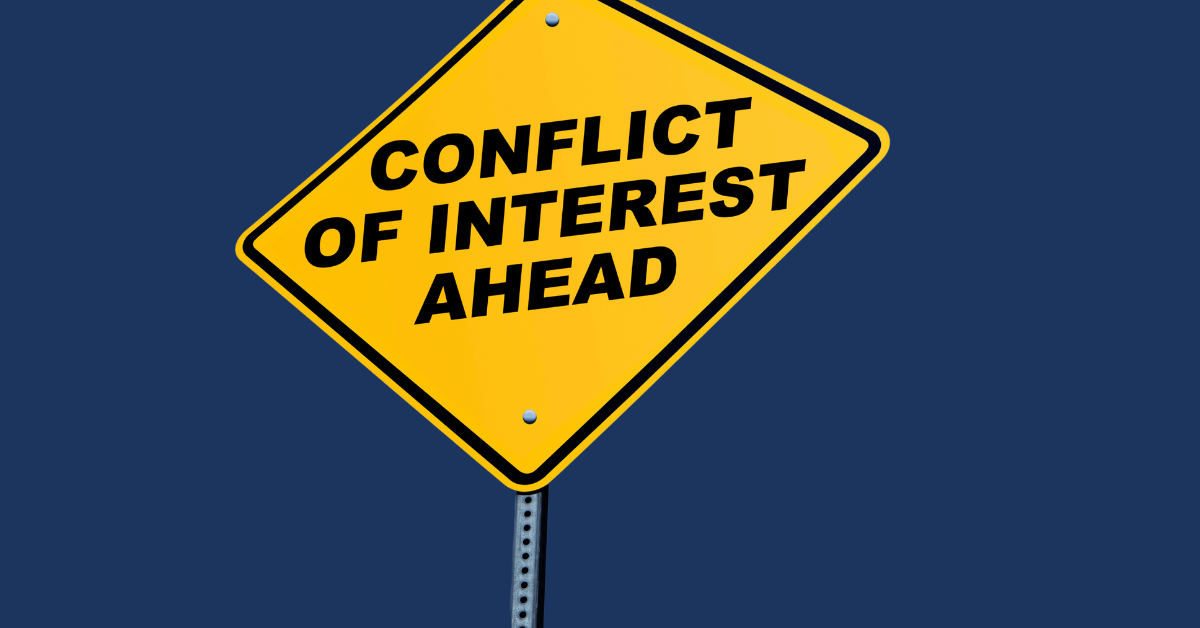
Navigating Conflict of Interest in the HR Profession: A Case Study

Author : Patrick Mack
Parties:
Julie is an HR manager at a large corporation. She is responsible for managing employee relations and recruitment activities. Mike is Julie's brother and works as a freelance HR consultant.
General Situation:
Julie is looking for a consultant to help with a recruitment project.
Mike, who is her brother, offers to help her with the project. Julie agrees to hire Mike for the project without disclosing their family relationship to her company or her colleagues.
What Could Go Wrong:
Julie's decision to hire her brother Mike without disclosing their family relationship could be considered a conflict of interest and a violation of the CPHR Alberta Code of Ethics and Standards of Professional Practice. Specifically, it could be a breach of Division VI, which requires HR professionals to avoid conflicts of interest and to act impartially and objectively in all professional activities.
Part of the Code:
Division VI of the CPHR Alberta Code of Ethics and Standards of Professional Practice. outlines the obligation of HR professionals to avoid conflicts of interest and to act impartially and objectively in all professional activities. This includes recognizing and disclosing potential conflicts of interest and refraining from engaging in activities that may compromise their impartiality and objectivity.
What Needs to be Considered:
HR professionals have a duty to act impartially and avoid conflicts of interest in all professional activities. In this scenario, Julie should have recognized the potential conflict of interest and disclosed her family relationship with Mike to her company and colleagues. She should have also considered the potential impact on other consultants who are competing for the same project and whether her decision to hire Mike could give him an unfair advantage.
How to Maneuver Through:
To handle this situation ethically and appropriately, Julie should have disclosed her family relationship with Mike to her company and colleagues before hiring him for the project. She should have also considered other qualified consultants and evaluated them based on their skills and expertise rather than their personal relationships.
Julie should have also recused herself from reviewing Mike’s company and had another Manager assess Mike’s company against the requirements. By upholding the principles of impartiality and objectivity, HR professionals can maintain the integrity of the HR profession and build trust with their clients and organizations.
In conclusion, HR professionals have a responsibility to act impartially and avoid conflicts of interest in all professional activities, as outlined in the CPHR Alberta Code of Ethics and Standards of Professional Practice. In this scenario, Julie should have recognized the potential conflict of interest and disclosed her family relationship with Mike before hiring him for the project. By upholding the principles of impartiality and objectivity, HR professionals can maintain the integrity of the HR profession and build trust with their clients and organizations.
The views and opinions expressed in this blog post belong solely to the original author(s) and do not necessarily represent the views and opinions of CPHR Alberta.
The views and opinions expressed in this blog post belong solely to the original author(s) and do not necessarily represent the views and opinions of CPHR Alberta.





